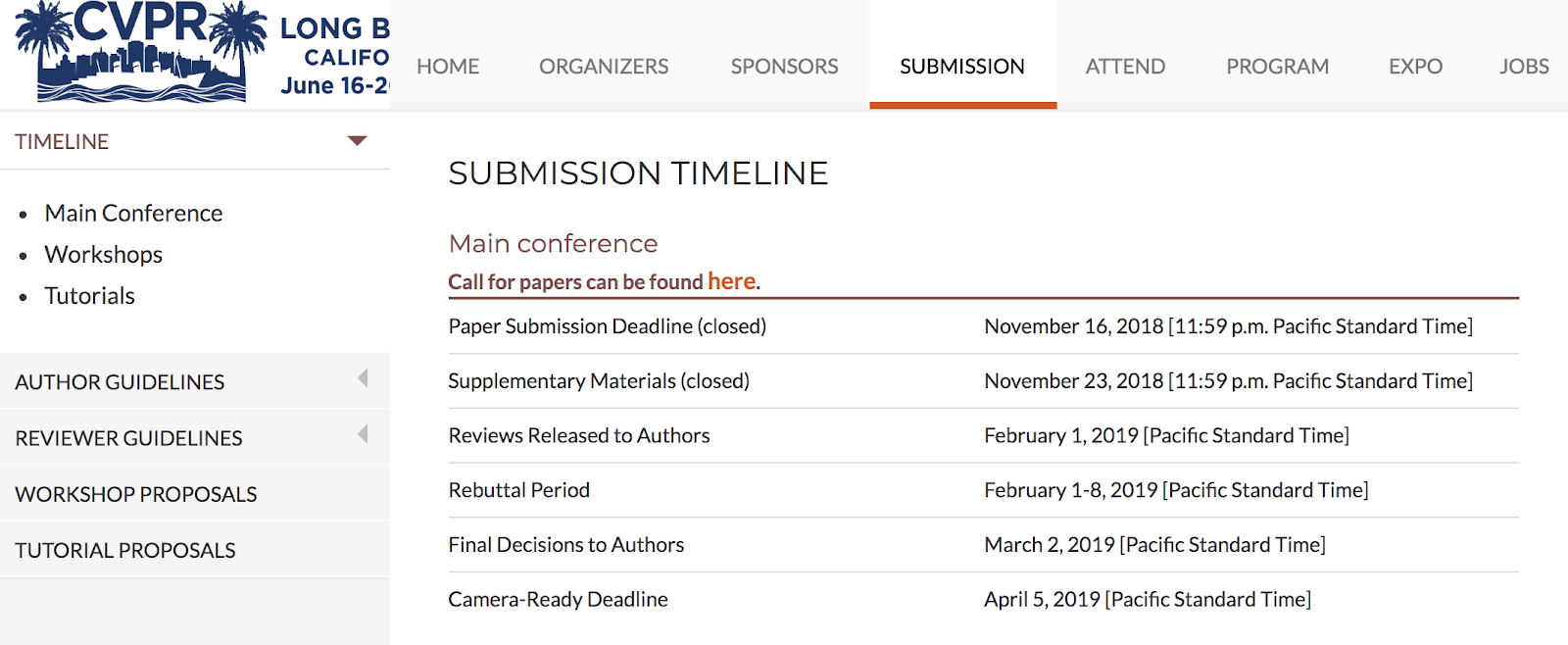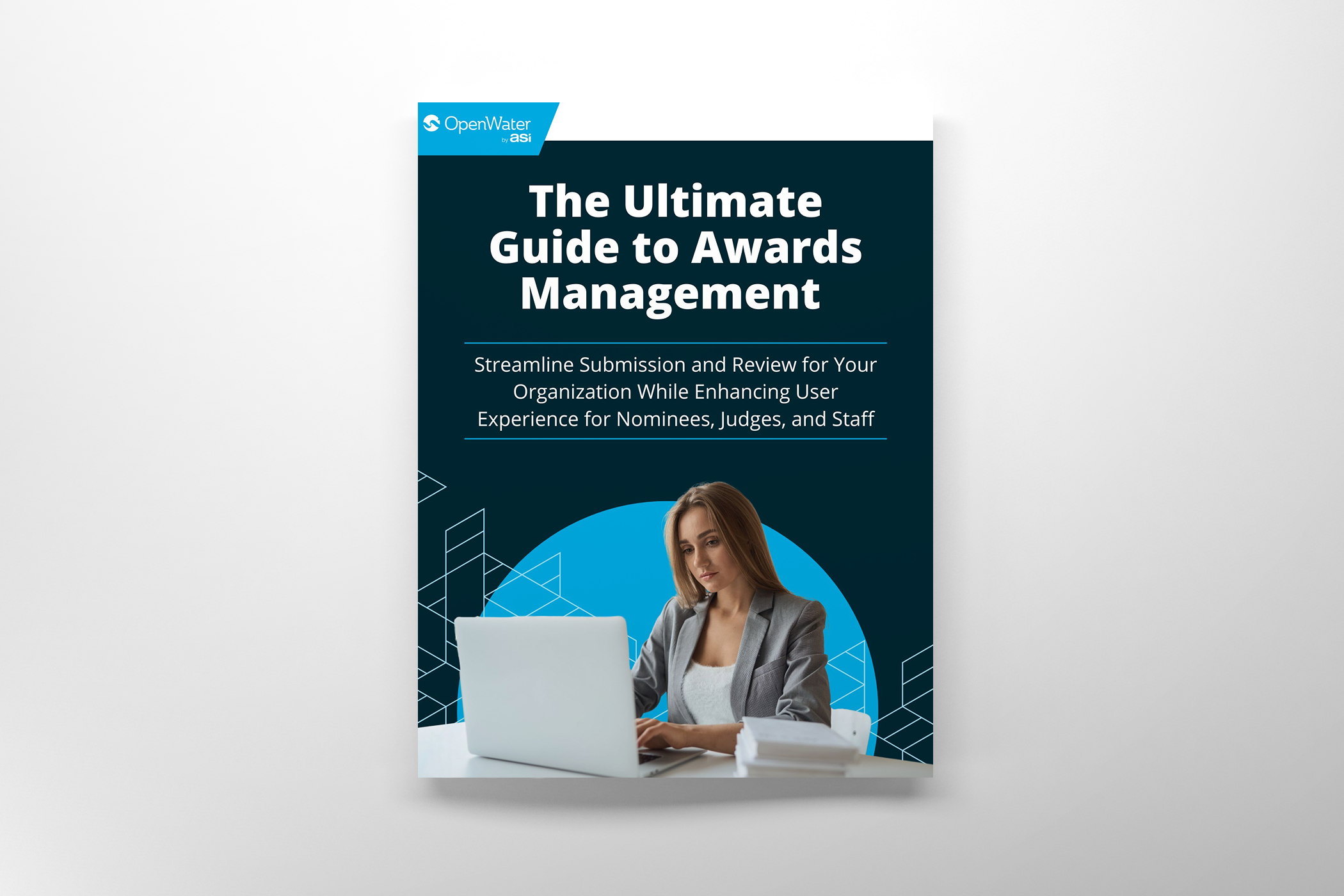
4 Reasons Your Conference Abstracts Are Coming in Late (and How to Fix It)
Authors and researchers are busy people—especially the ones who are frequently making the rounds on the conference abstracts circuit. But so are you, and late abstracts grind your review and planning progress to a halt. Here are four reasons your conference abstracts have been coming in late, and a quick fix to alleviate each one:
1) They Didn’t See the Deadline
Your call for abstracts helps generate action, but if your targeted audience doesn’t know how to find your deadline, then they won’t know when you need their abstracts by. Presenters get a lot of calls, and it’s possible that the details of yours may have gotten lost in the shuffle, especially if you didn’t create additional touchpoints and reminders.
HOW TO FIX IT
Make sure the deadline doesn’t sit buried in the middle of the body of your call for proposals. It helps if it’s repeated—on your website, in your social media, in several rounds of emails, in bold headlines and big red text.
2) The Research Isn’t Ready
Sometimes, a new research study may be incomplete as of your general conference abstracts deadline. Presenters might be submitting late because they needed to wait for the research to become available.
HOW TO FIX IT
Offer a separate call for late-breaking conference abstracts that specifically rely on valuable studies completed after your initial deadline. When your organization has a publicized bucket for late-breaking abstracts, you’re sending a message that in aforementioned, niche cases, late submissions are warranted, but otherwise, the first deadline stands.
3) The Cost of Tradition
This is a case of “the boy who cried wolf” for the conference abstracts industry. It’s a common practice in academia for deadlines to be pushed back or extended. Sometimes, organizations specifically publish a deadline knowing full well they’ll accept submissions days or weeks later. Ostensibly, this is to encourage early submissions, but in practice, it trains folks to expect leeway.
If you’ve done this several times in the past—perhaps to ensure that you get enough abstract submissions—you may have inadvertently started a counterproductive tradition where presenters don’t feel they are expected to take your first deadline seriously.
HOW TO FIX IT
Large, reputable conferences with fierce competition for conference abstracts often publish a specific time-zone and hour at which abstract collection shuts down—they can afford to be exact because they won’t need (or accept) later submissions. Try publishing a deadline like the example below if you want to show that nothing late will be accepted:

(Source: CVPR 2019)
4) The Submission is Too Complicated
Maybe your criteria are too exhaustive and particular. Many presenters will submit the same abstract to multiple conferences, so if your standards are out-of-step with the rest, or have too many unique requisites, you could be getting pushed down the author’s list into the “for later” section.
It’s not always the requirements themselves, though. Ask yourself these questions:
- Is your submission form buried six clicks deep into your website?
- Is the form too long, with fields asking for details you don’t necessarily need?
- Does the presenter need to take the time to download and re-upload a form-fillable PDF (or worse—print it, fill it out by hand, scan it, and send it back)?
HOW TO FIX IT
Try using a fully customizable, website-integrated form builder. OpenWater, for example, is a one-stop abstract management system that can custom build submission forms with only the fields you need, collect supplementary files, and embed itself into your existing website. The goal of any system is to minimize friction and decrease the time it takes to complete your process—the easier the process is, the more incentive the presenter has to do it right away.

